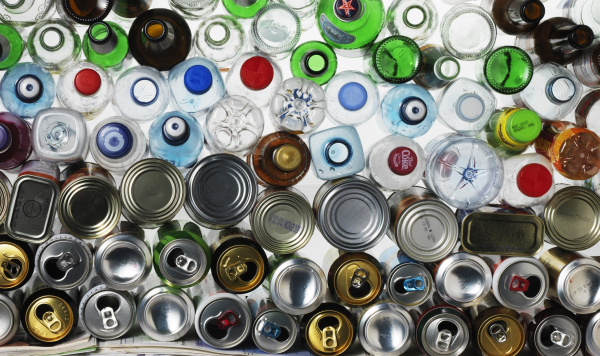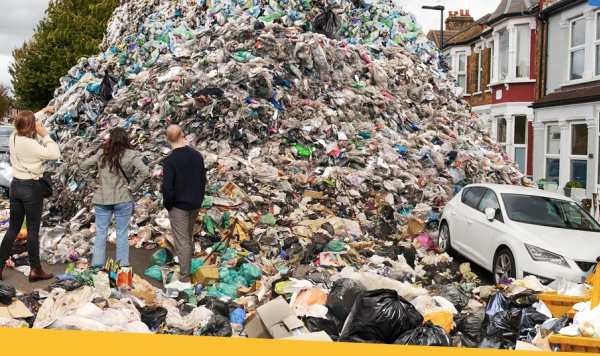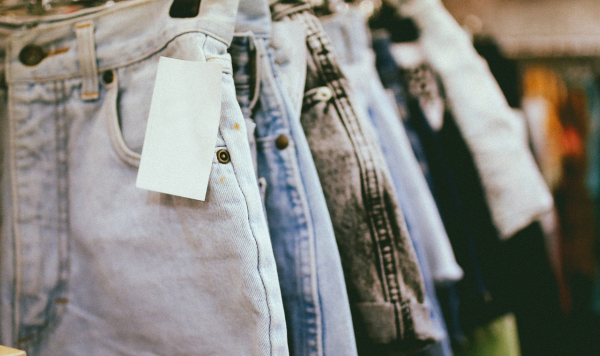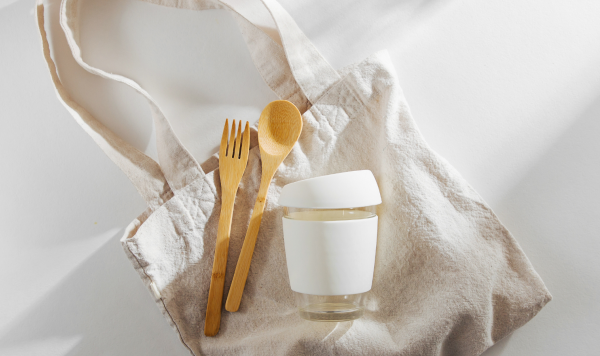Could your bad habits be ruining your mattress?
Over 7 million mattresses are thrown away in the UK every year – that’s enough to fill Wembley Stadium 5 times over. We could dramatically reduce that number if we cut out our bad bed habits and took better care of our mattresses.
Eating, drinking, smoking and sleeping with pets are causing our mattresses to be thrown away early. And it’s not just the bacteria-attracting and smelly habits that are sending our mattresses to an early grave. Spending more time lying on a mattress also reduces its life – lots of people regularly work or watch TV in bed.
So, why does all this matter?
Making mattresses uses lots of energy and materials. If we throw them away too quickly, that means wasted carbon emissions which harm the environment. One of the best things we can do for the environment is to keep things in use for longer and recycle them when they're no longer usable.
We’ve put together some top tips to help you #LoveYourMattress:
1. Buying a mattress

If you can, invest in a good quality mattress that will last longer, saving you money in the long-run. Three things to look out for:
- Material–natural latex is most long-lasting.
- Thicker coils are more long-lasting.
- Higher foam density will last longer.
2. Caring for your mattress

- Rotate, flip and air your mattress regularly.
- Use a mattress protector.
- Gently vacuum your mattress from time to time.
- Avoid eating in your bed, letting pets sleep on your bed, and smoking in bed.
3. Responsibly disposing of your mattress
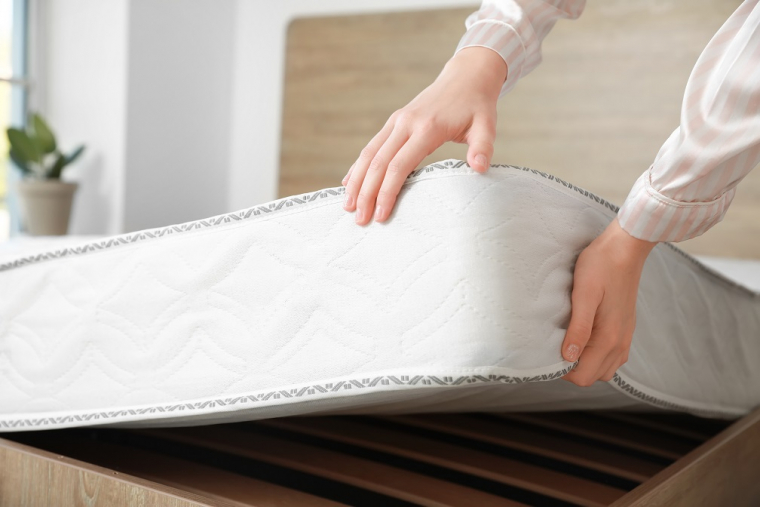
- Mattresses can be recycled. Find out more on our mattresses page.
- Mattresses are one of the most fly-tipped items, so avoid paying someone to take it away unless you’re confident they are disposing of it responsibly.
- Some brands will take your old mattress away when delivering a new one but it’s not always clear where it will end up. Ask them how it will be disposed of and if it’s not going to be recycled, look into your local recycling service.


